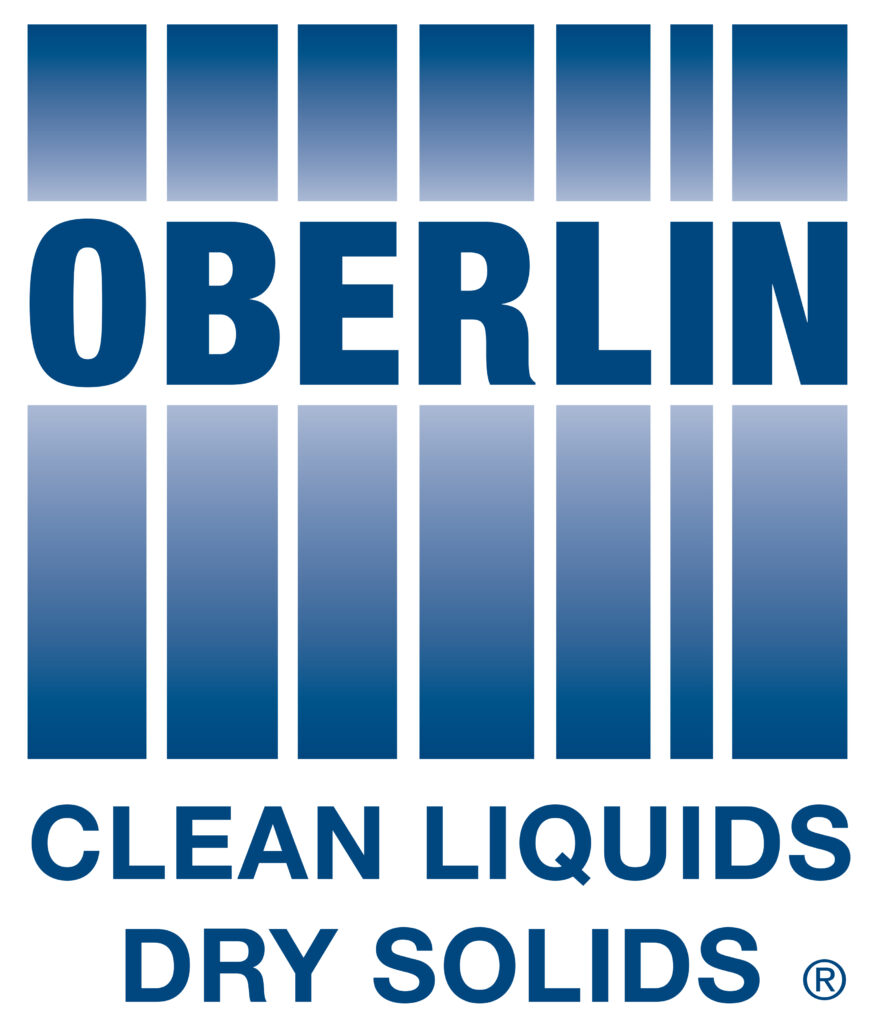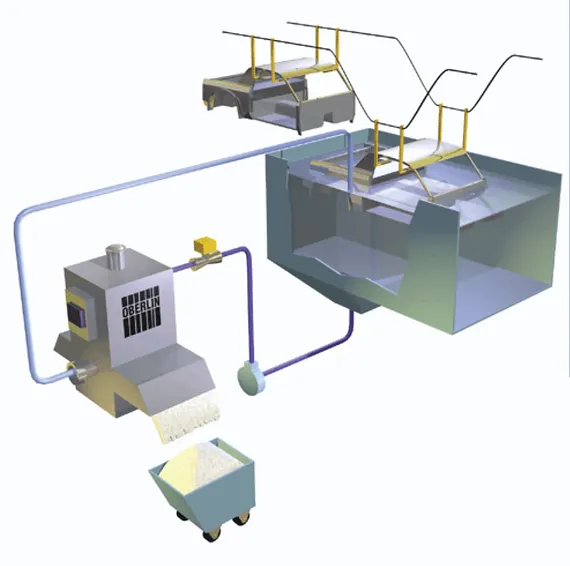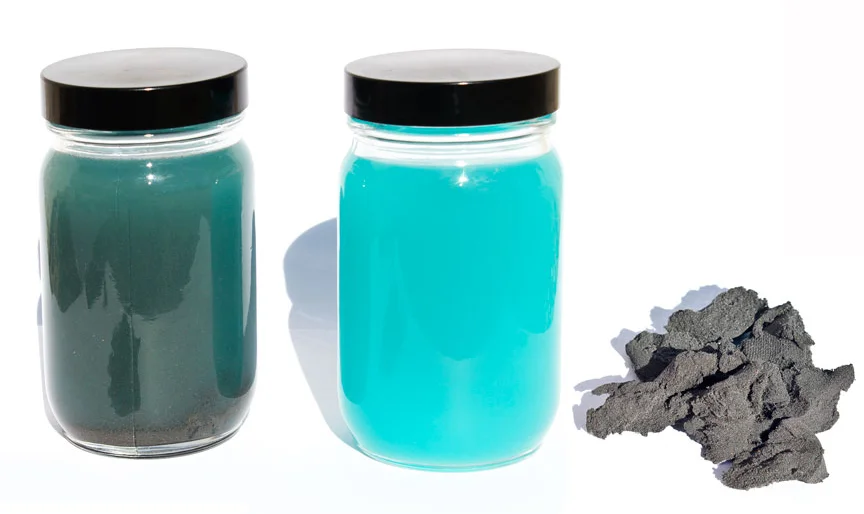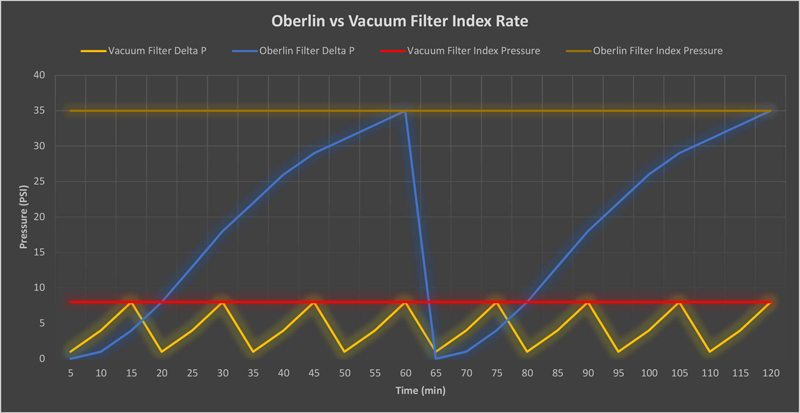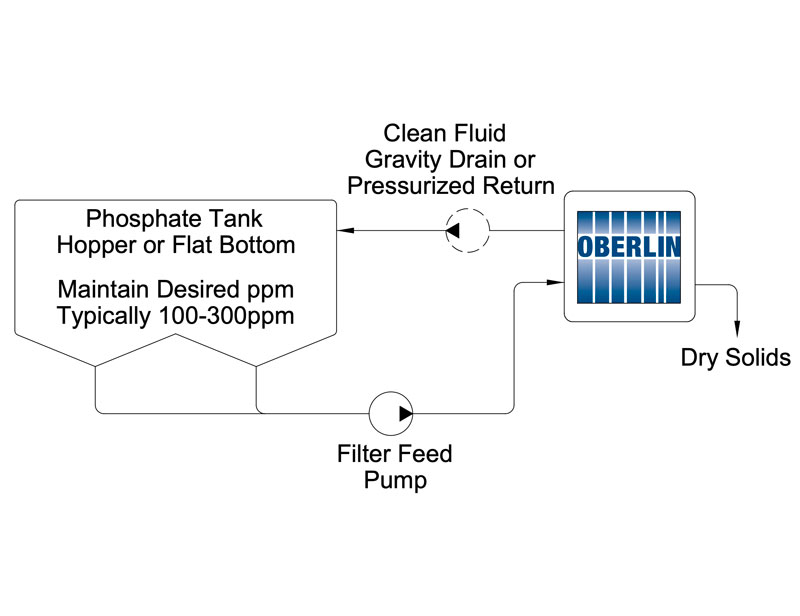metal finishing fluid filtration
CONVERSION COATING (PHOSPHATE) FILTRATION
Zinc Phosphate – Alkaline or Caustic Wash | Dip or Spray Systems | 100 – 90,000 Gallon Tanks
Conversion coatings modify the physical and chemical nature of the metal substrates they come into contact with. They physically alter the surface to promote adhesion. They chemically alter the surface to promote corrosion resistance.
Sludge is produced as a byproduct of this chemical reaction. The size of the sludge particle(s), the total amount and the chemical makeup of the sludge by product is determined by a number of factors, including the
- Metal Substrate(s)
- Type of Conversion Coating
This sludge must be removed from the phosphate stage (and subsequent stages of the phosphate system) to ensure defect-free surfaces. The Oberlin Filter Company pioneered the use of a pressure filter for this application over 40 years ago – first to replace filter presses, then to replace clarifiers. There are over 600 Oberlin Filters in operation worldwide assisting manufacturers produce defect-free coated products.
Our pre-treatment and conversion coating filtration experience extends beyond just zinc phosphate filtration. A number of automotive manufacturers have utilized Oberlin Filters for every stage of their phosphate line (minus e-coat) to further reduce defects in the finish. Unlike other technologies, the Oberlin Filter removes all types of solids introduced into the paint line, including fibers, body sealer and weld balls. One automotive manufacturer documented a further reduction in hood defects every time he replaced one of his bag filters with an Oberlin!
Benefits of a Clean Phosphate
Bath Include:
- High Quality Parts
- Defect-free
- Better paint finish
- Lower Energy Costs
- More efficient heat transfer
- Fewer Cleanouts
- Reduced heat exchanger plugging or fouling
- Reduced buildup of solids in the tank
- Phosphate Chemical Savings
- Sludge not removed continues to react with and expend chemicals. Removing the sludge efficiently can results in up to 30% less chemical usage.
Why Choose the Oberlin Filter?
- Fully Automatic Operation
- Only operator intervention is to change the filter paper rolls
- No press to manually open and clean
- Positive Pressure Filtration
- Higher differential pressure results in more, and finer particles removed – a more efficient filter Dry cake discharge
- Dry Solids Discharge
- The solids are dried before discharge resulting in much lower chemical and disposal costs
- Simple, Robust Design
- Reliable – only two moving parts, that move infrequently
- No drain plenums or tight passages to plug
- Easy, Infrequent Cleaning
- No monthly acid flushing! Just acid flush (boilout) the Oberlin Filter every 6-12 months when you perform this same operation on your phosphate tank. Simply circulate the same solution through the Oberlin Filter.
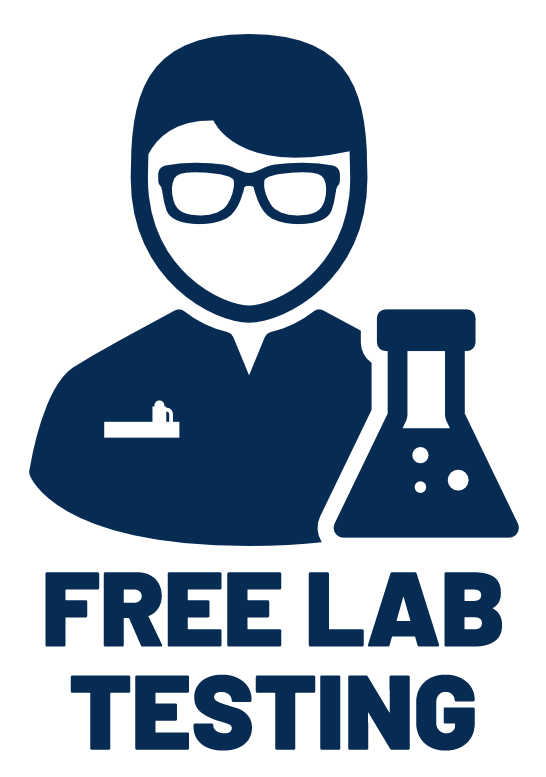
LET US PROVE IT!
At Oberlin, we're dedicated to providing not just any solution, but the best one for you. Provide a sample of your contaminated process fluid to us. We'll come back with a test report, showing our ability to ensure the cleanest fluid and the highest return on investment for your operations.
Better Under Pressure
The Fundementals of Filtration - Oberlin's Fundamental Difference
All filters utilize a force: primarily Gravity, Vacuum, or Pressure to drive fluid through a barrier (filter media) where the solids are collected.
Higher differential Pressure across the media translates to more and finer particles being removed – and a better, more efficient filter.
Differential Pressure (Delta P) of 30-40 PSI is typical of an Oberlin Filter. Competing vacuum filters struggle to achieve 7.5 psi, gravity filters are even less.
Pressure drives longer cycles, using less media and building thicker filter cakes.
Thicker filter cakes, or Depth Filtration, trap smaller particles and provide Ultra Clean Fluid.
Applications
We have over 40 years of experience filtering zinc phosphate and alkaline or caustic wash solutions. Please call our sales department to discuss the flux rates, filter sizing and expected performance for your particular application. Our application experience includes:
- Truck Frames
- Car Bodies
- Shock Absorbers
- Shopping Carts
- Floor Scrubbers
- Automotive Seat Frames & Components
- Turf & Snow Plow Equipment
- Golf Carts
- Truck Bed Toolboxes
- Heavy Equipment
- Motorcycle Components Outdoor Electrical Enclosures
- Ammunition Boxes
- School Bus Bodies
- Decorative Fencing
Side Stream Filtration Fundamentals
Side-stream filtration is a fundamental concept in the field of filtration and purification. The primary objective of side-stream filtration is to mitigate the accumulation of undesirable elements within the fluid, thereby maintaining its integrity and performance over time. Side-stream filtration is a versatile and cost-effective technique employed in applications where the purity and quality of the fluid are paramount.
A relatively small stream of fluid is pumped from the system tank, into the filter where the solids are removed and the clean fluid returned to the tank. With a properly sized filter, the solids level in the tank will reach equilibrium at or below the desired concentration – typically 100 ppm for automotive, 200-300 ppm for less critical applications. Oberlin has developed a sizing program to calculate the required amount of filtration to maintain the phosphate bath at the desired concentration.
